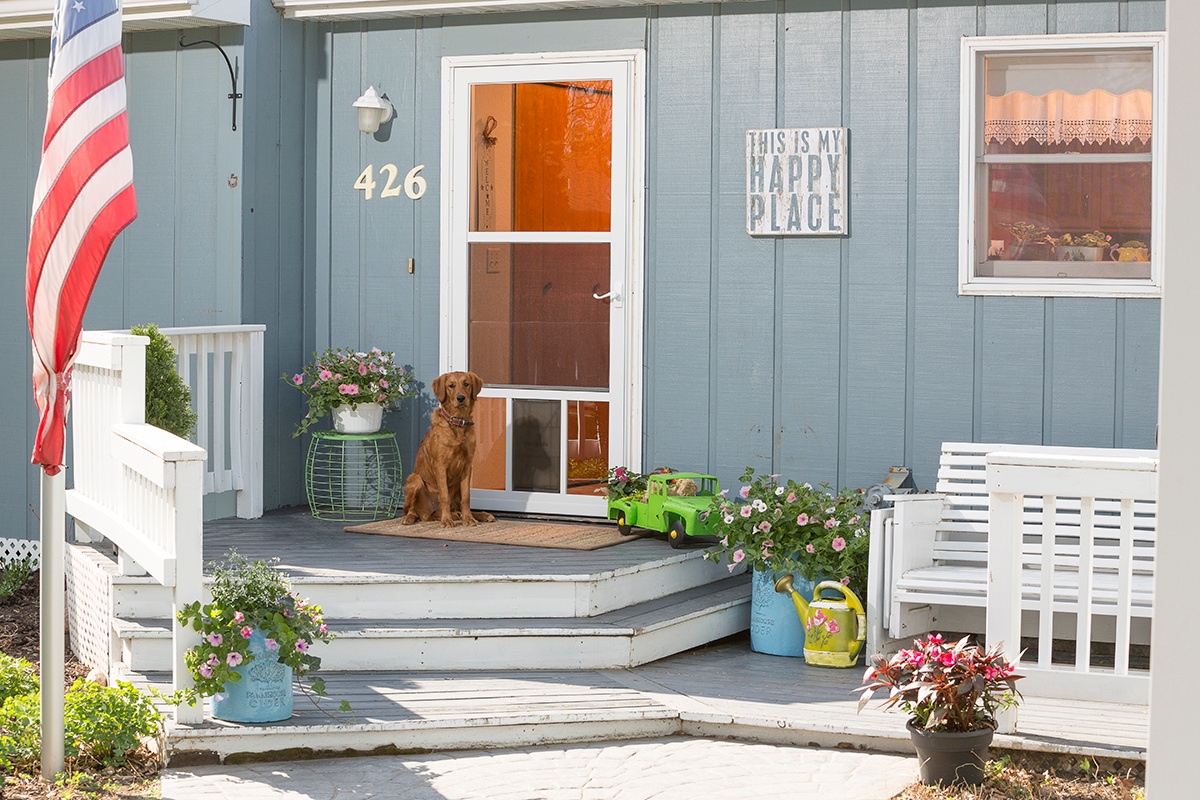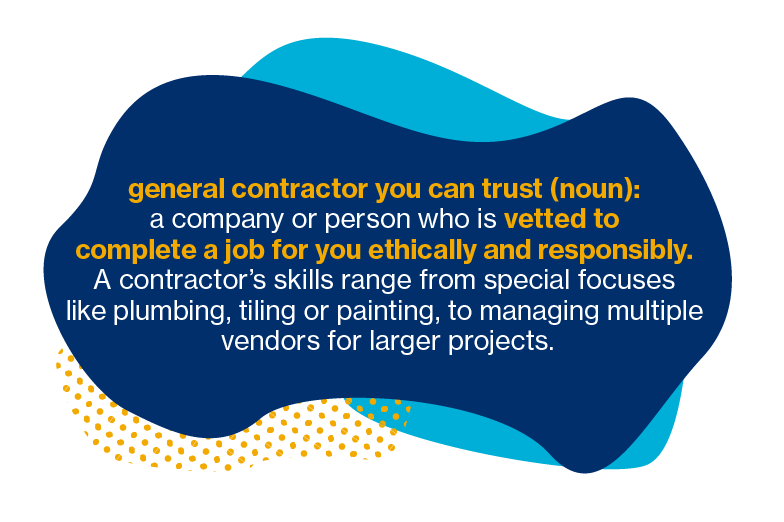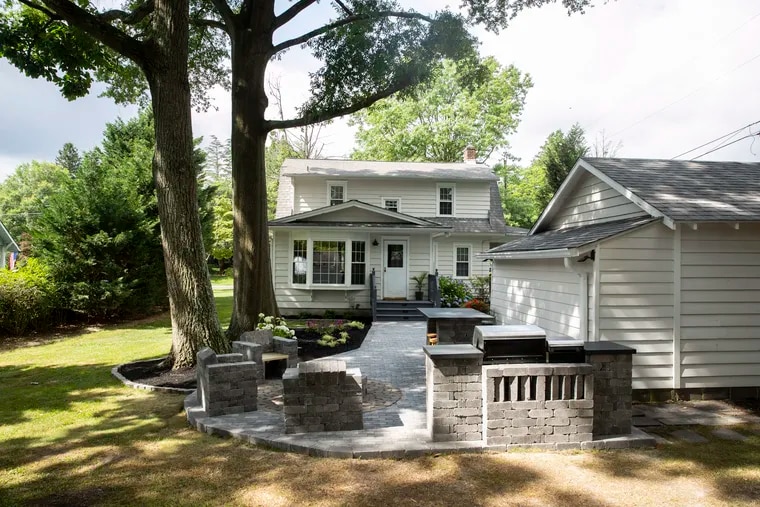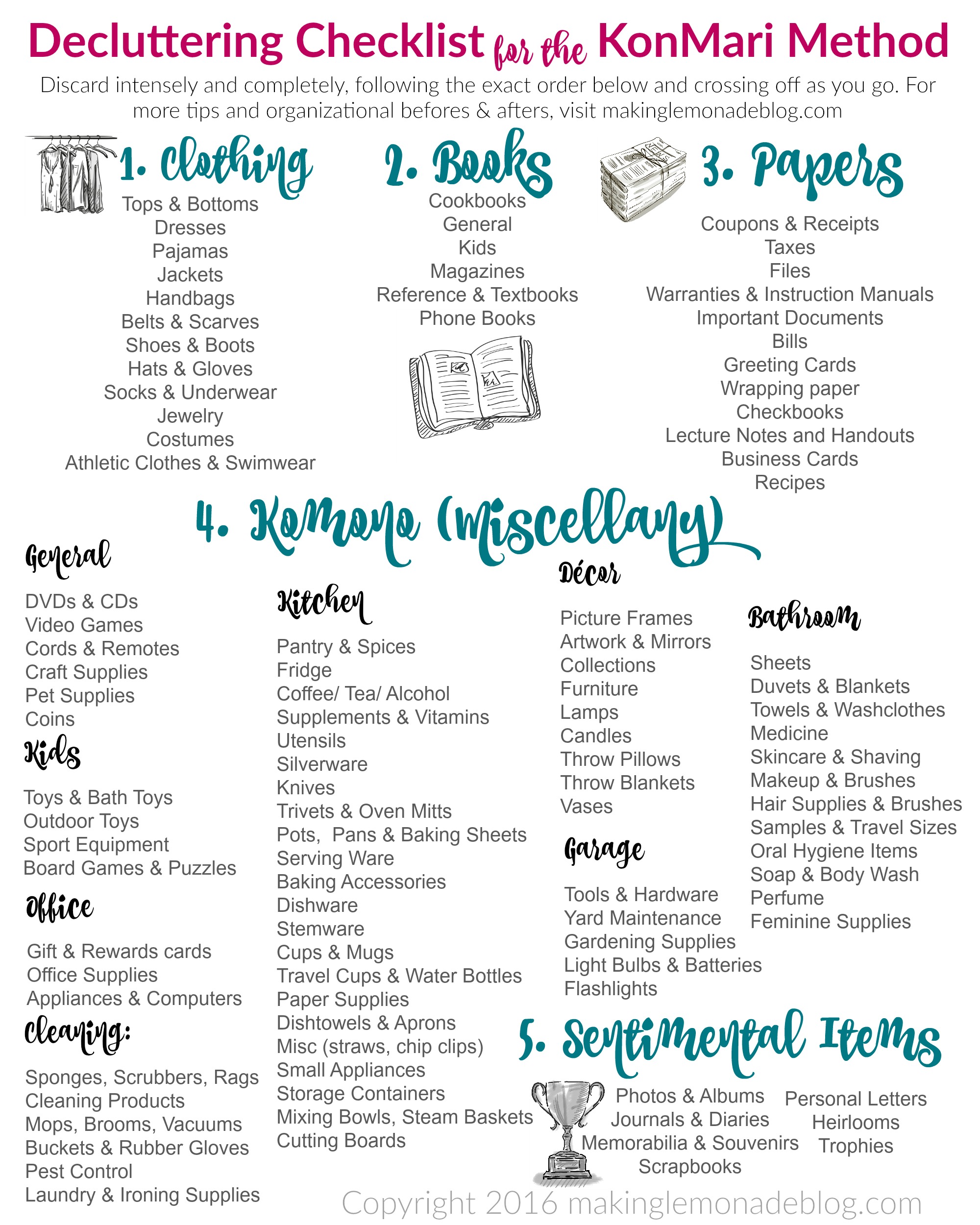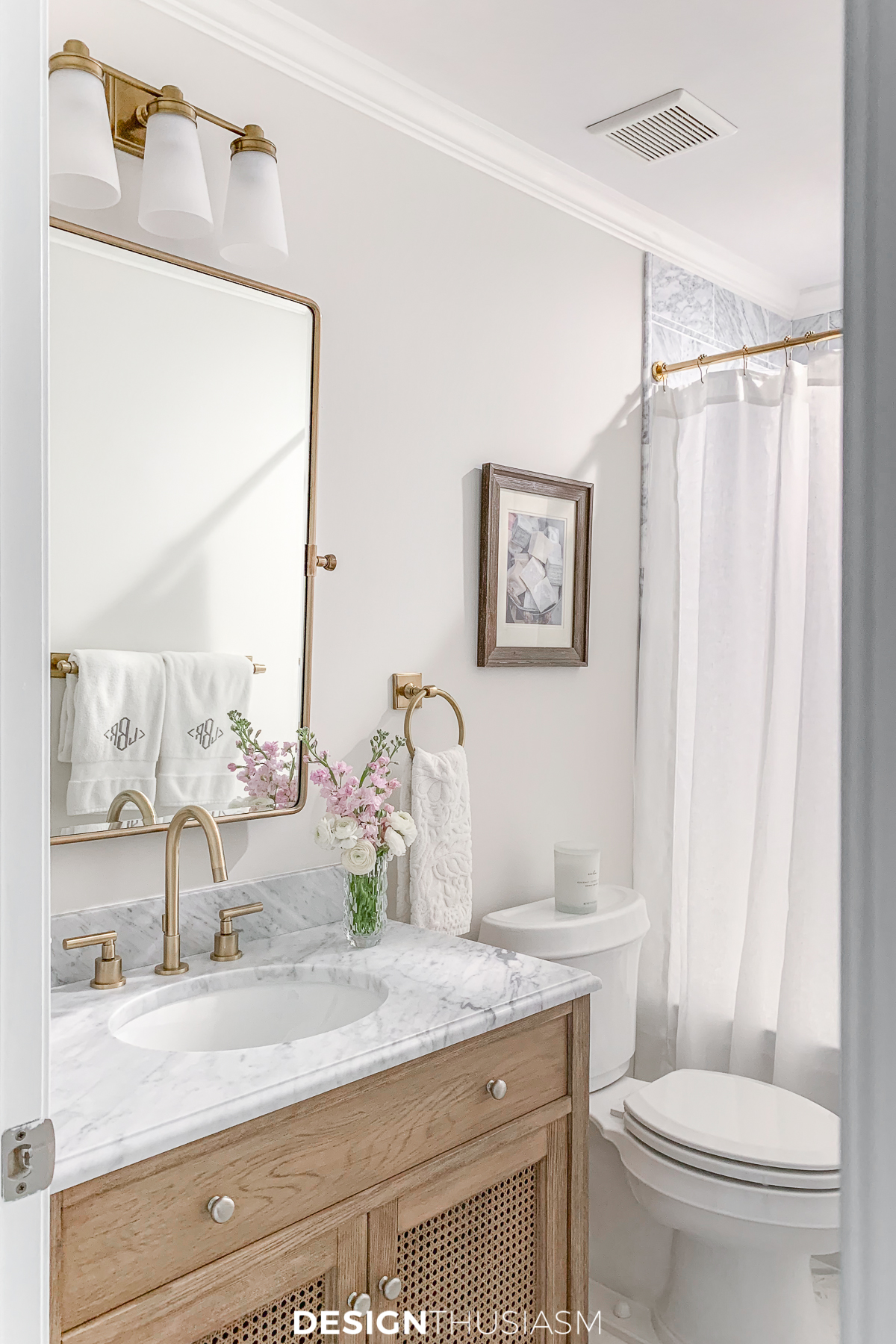Home Improvement Projects That Boost Resale Value
Contents
- 1 Introduction
- 2 The Power of Curb Appeal
- 3 Key Home Improvement Projects
- 4 Strengths and Weaknesses of Home Improvement Projects That Boost Resale Value
- 5 Table: Home Improvement Projects That Boost Resale Value
- 6 Frequently Asked Questions
- 6.1 1. Will investing in a kitchen remodel guarantee a higher resale value?
- 6.2 2. Should I prioritize upgrades in the bathrooms or kitchens?
- 6.3 3. Is it worth adding extra square footage to my home?
- 6.4 4. What are some cost-effective ways to improve the exterior of my home?
- 6.5 5. Can I recoup my investment in energy-efficient upgrades?
- 6.6 6. Are luxury features worth investing in?
- 6.7 7. Should I hire professionals or DIY?
- 7 Conclusion
- 8 Author
Introduction
Hello Readers, welcome to our journal article about home improvement projects that can significantly boost the resale value of your property. Whether you are planning to sell your house in the near future or simply want to make wise investments for long-term gains, enhancing your home’s appeal and functionality through renovation projects can be a smart move. In this article, we will explore various home improvement ideas that have proven to be effective in increasing the value of residential properties. So let’s dive in and discover how you can make your home more attractive to potential buyers.
The Power of Curb Appeal
First impressions matter, and when it comes to selling your home, curb appeal plays a crucial role. Enhancing the exterior of your property can leave a lasting impact on potential buyers and entice them to explore further. Simple projects like landscaping, repainting the front door, and adding outdoor lighting can significantly boost the overall appeal of your home. Additionally, investing in high-quality windows and doors can enhance both the aesthetic and energy efficiency of your property, making it an attractive choice for buyers.
However, it’s important to consider the potential limitations and challenges of certain home improvement projects. While some renovations like adding a swimming pool or building an extravagant outdoor kitchen might seem appealing, they may not always provide a substantial return on investment. It’s crucial to carefully evaluate the cost, time, and market demand for such projects before embarking on them.
Key Home Improvement Projects
1. Kitchen Remodeling
A well-designed and functional kitchen is often considered the heart of a home. By investing in a kitchen remodel, you can significantly increase the value of your property. Focus on upgrading countertops, cabinets, and appliances to create a modern and inviting space. Consider open layouts, ample storage, and high-quality materials to attract potential buyers.
2. Bathroom Upgrades
Bathrooms are another area where homeowners can make a big impact. Upgrading fixtures, adding modern touches, and enhancing the overall functionality can greatly appeal to buyers. Consider installing energy-efficient features like low-flow faucets and toilets to add value while reducing water consumption.
3. Adding Additional Living Space
Expanding your home’s livable square footage can significantly increase its value. This can be achieved by finishing a basement, converting an attic into a bedroom, or even constructing an additional room. However, it’s essential to ensure that the added space is seamlessly integrated into the existing structure and suits the overall aesthetics of the house.
4. Energy-Efficient Upgrades
Today, more than ever, homeowners are conscious of their environmental impact and seek energy-efficient features. By investing in upgrades like solar panels, energy-efficient windows, and insulation, you not only reduce your energy bills but also make your home more appealing to environmentally conscious buyers.
5. Exterior Improvements
Enhancing the exterior appearance of your home can significantly boost its resale value. Projects like repainting, replacing old siding, or adding a fresh coat of stain to the deck can make a remarkable difference. Remember, a well-maintained and visually appealing exterior gives buyers confidence in the overall condition of the property.
6. Smart Home Technology
In an increasingly digital world, incorporating smart home technology can be a smart investment. Adding features like smart thermostats, security systems, and automated lighting can not only increase convenience but also attract tech-savvy buyers who value modern living.
7. Revamping the Flooring
The flooring in a home sets the tone for its overall aesthetic. By replacing worn-out carpets with hardwood or luxury vinyl, you can create a more desirable environment. Buyers often appreciate flooring that is easy to maintain and matches their personal style.
Strengths and Weaknesses of Home Improvement Projects That Boost Resale Value
While home improvement projects can significantly boost the resale value of a property, it is essential to understand the potential strengths and weaknesses of these endeavors. Let’s explore both aspects in detail:
Strengths
1. Increased market appeal: By enhancing the overall aesthetics and functionality, your home becomes more attractive to potential buyers.
2. Higher selling price: Well-executed renovations can justify a higher selling price, allowing you to recoup your investment and potentially make a profit.
3. Faster sale: A renovated home can stand out in a competitive market, attracting more buyers and potentially reducing the time it takes to sell.
4. Improved energy efficiency: Energy-efficient upgrades not only reduce utility bills but also appeal to environmentally conscious buyers.
5. Modernization: Renovations can bring your home up to date, incorporating the latest trends and technology, making it more appealing to buyers seeking a move-in-ready property.
Weaknesses
1. Cost: Major home improvement projects can be expensive, requiring a significant upfront investment. It’s important to carefully calculate the potential return on investment before proceeding.
2. Time-consuming: Renovation projects can disrupt your daily life, especially if you are still residing in the property. Consider the time commitment required for each project before initiating it.
3. Market demand: Not all renovations will appeal to the majority of buyers. It’s crucial to research and understand the local market preferences and trends before deciding on a particular project.
4. Over-improvement: While some renovations increase property value, going overboard with luxury features or personalized designs can limit the pool of potential buyers who may not share the same taste.
5. Regulatory restrictions: Certain home improvement projects may require permits or compliance with building codes. Failing to adhere to the rules can result in legal consequences and limit your ability to sell the property.
Table: Home Improvement Projects That Boost Resale Value
| Project | Potential Return on Investment | Estimated Cost | Difficulty Level |
|---|---|---|---|
| Kitchen Remodeling | Up to 80% | Medium to High | Advanced |
| Bathroom Upgrades | Up to 70% | Low to Medium | Intermediate |
| Adding Additional Living Space | Up to 90% | High | Advanced |
| Energy-Efficient Upgrades | Up to 80% | Medium | Intermediate |
| Exterior Improvements | Up to 60% | Low to Medium | Beginner |
| Smart Home Technology | Up to 50% | Medium | Intermediate |
| Revamping the Flooring | Up to 70% | Low to Medium | Beginner |
Frequently Asked Questions
1. Will investing in a kitchen remodel guarantee a higher resale value?
While a kitchen remodel can significantly increase your home’s value, it’s important to consider other factors such as the local market conditions, the overall quality of the renovation, and the preferences of potential buyers.
2. Should I prioritize upgrades in the bathrooms or kitchens?
Both areas are crucial, but a well-designed kitchen often holds greater importance for buyers. However, it ultimately depends on your specific property and the preferences of potential buyers in your area.
3. Is it worth adding extra square footage to my home?
Expanding your home’s living space can provide a high return on investment, especially if it is done in a way that seamlessly integrates with the existing structure and meets the demands of the local market.
4. What are some cost-effective ways to improve the exterior of my home?
Simple exterior improvements like repainting, cleaning, and landscaping can go a long way in enhancing the curb appeal of your home without breaking the bank.
5. Can I recoup my investment in energy-efficient upgrades?
Yes, energy-efficient upgrades can provide a good return on investment. Not only do they reduce energy bills, but they also appeal to environmentally conscious buyers who are willing to pay a premium for sustainable features.
6. Are luxury features worth investing in?
While luxury features can certainly add value to a property, it’s important to understand the market demand in your area. Going overboard with personalized designs may limit the pool of potential buyers and make it harder to sell your home.
7. Should I hire professionals or DIY?
The decision to hire professionals or take a DIY approach depends on your skills, resources, and the complexity of the project. While DIY can save you money, complex projects may require professional expertise to ensure a high-quality outcome.
Conclusion
In conclusion, undertaking well-planned home improvement projects can significantly boost the resale value of your property. By understanding the strengths and weaknesses of different projects, you can make informed decisions about where to invest your time and resources. Remember to consider the preferences of potential buyers, market demands, and the potential return on investment for each project. Whether it’s a kitchen remodel, bathroom upgrade, or energy-efficient improvements, strategic renovations can set your home apart, attract more buyers, and potentially lead to a faster and more profitable sale. So start enhancing your home’s appeal today and enjoy the benefits of increased resale value.
Disclaimer: The information in this article is for general informational purposes only and should not be considered as professional advice. Always consult with a qualified expert before making any significant home improvement decisions.
